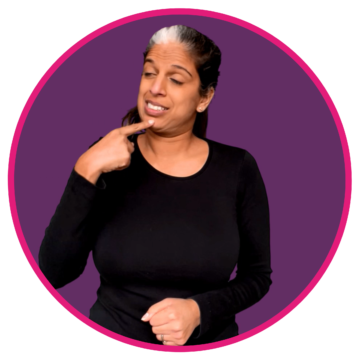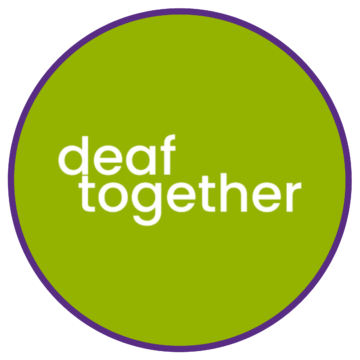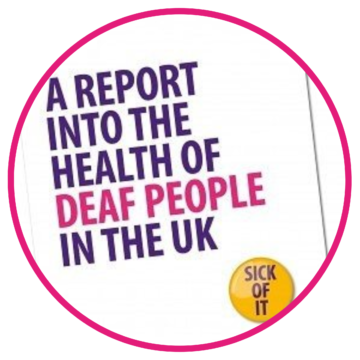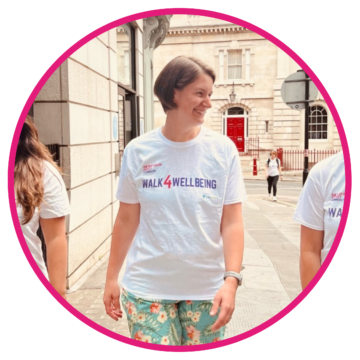James Watson-O’Neill: Welcome to this first blog post. This will be a series of updates on my journey as chief executive at SignHealth in working with my colleagues and trustees on our work with equity, diversity and inclusion (EDI).
We have spent several years thinking and talking and doing. Now it feels increasingly urgent to me that we share some of the struggles, and successes, we are having as we move this work forward.
SignHealth
SignHealth is an amazing organisation and I am very proud to be its chief executive. We are a health charity working towards health equality for deaf people. We know that we experience poorer health than hearing people. There is no good reason for this, so we are determined to change it. SignHealth was set up in 1986 and we’ve grown a lot since then. We now have almost 200 staff and a turnover of nearly £9m a year.
SignHealth provides a range of services including social care, psychological therapy and domestic abuse support. Our services are delivered by deaf people to deaf people directly in British Sign Language. We work across England and we have sites in Leeds, Manchester, Birmingham and London. About half of us work from home. More than 75% of our staff are deaf people. We think we are one of the largest disabled people’s organisations (DPOs) in the UK. We are also possibly the only DPO in the world that is focused specifically on health.
Slow progress
One of the things I am learning as we think and talk more and more about the importance of EDI in our work is just how difficult this can be. In the past few years I have had literally hundreds of meetings about EDI. My husband, who overhears some of my meetings when I’m working from home, can’t believe how much of my working week is made up of conversations that centre around anti-racism. But we still struggle to make progress.
There are lots of reasons for that, we have had a pandemic of course, and we have had our fair share of staff turnover too. Half of SignHealth’s board of trustees joined us this year, including our new chair Sabina Iqbal, so there is always work to do to catch people up on our journey and see the work from their perspective too. It is also important for me to remember that everyone is on their own journey and going at a speed that is slower or faster than mine. Creating spaces where people can build trust and feel brave is important.
But there’s something more than that. This work is often described as uncomfortable, particularly by white people like me, but I also find it really frustrating. I was taught, mostly by watching others, that leadership is about action, about changing things, making decisions, delivering results. But I am learning that a lot of this work needs to be just about sitting in the mud of it all. Feeling the messiness of it, trying to connect to the pain of it and listen to the stories that people share. I am trying to learn not to leap to action but instead to just sit in it.
So, this blog is an invitation to sit in the mud with me, or perhaps to slowly wade through it. Because I do want to make progress. But I also want to be a better leader and to really learn. I don’t want to dismiss the feeling of what we are working on by focusing too much or too quickly on action.
Champions
Finally, I am keen to champion the work of other people in this space. I have so many people to thank for the learning we have been doing on EDI.
We have worked closely with Letesia Gibson, Founder and Programme Leader of New Ways. She has helped us in so many ways it is impossible for me to describe them here or do them justice. But one thing that she has taught me that I’d really like to share, is that it is possible to be two things at the same time. I am keen to make progress on our EDI journey and sometimes frustrated by our slow progress BUT I am also really proud of what we are doing and how we are changing. Thank you, Letesia, for helping me learn. I look forward to sharing more about our journey in my next update.
I will be posting more soon about our journey. In the meantime, please get in touch if you’d like to. I welcome your feedback. You might want to connect more on what we’re doing. Or point out what we’re doing wrong or could do better. Please feel free to get in touch. We know we are not the perfect organisation but we are determined to continue our journey.





